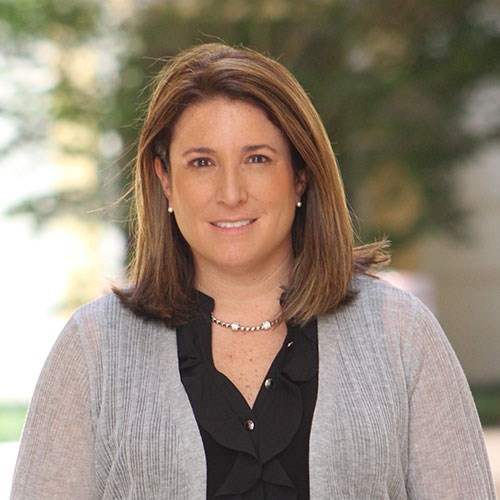To put this in context, the Association of American Medical Colleges reported that the projected physician shortage could be as high as 139,000 physicians by 2033. Couple this with the annual turnover rate of 7% that the healthcare industry sees annually, and we have an alarming situation. Hospital administrators will be tasked with creating sustainable care models and delivering healthcare to populations with less resources.
To solve this challenge, we need to look at physician retention differently. The status quo is not enough, instead innovative programs and original strategies are required to create a sustainable future. The latest report, The Innovation Imperative for Physician Retention, discusses the underlying problems and provides solutions for hospitals and medical practices.

Solutions referenced in the report include:
Create a Physician Retention Committee
Success starts with formalizing a physician retention program. 77% of medical groups report they do not have a formal program or strategy for physician retention. One of the best ways to begin a formalized retention process is to create a Physician Retention Committee. This is a group, often composed of 6-10 physicians. Typically, the staff member tasked with recruitment and retention will also be part of the committee. In addition to leading the charge in physician retention, the committee can foster greater engagement among physicians, turning some of the most dissenting voices into advocates.
Use Data
For an industry that values data in patient care, too often medical practices do not utilize evidence-based statistics to influence retention strategies. Nearly half of medical practices do not use employee satisfaction surveys to measure engagement. For smaller organizations, this number ballons to 63%. It is important to capture data around physician retention because this information will bring greater understanding of the unique challenges facing an organization.
Integrate Telehealth
Virtual healthcare represents an immense opportunity to support physicians and create a newfound work-life balance. In many cases, it is underutilized. According to the report, only 44% of respondents actively encourage hybrid work for eligible positions, while 63% of respondents said that all clinical staff are required to work full-time and on-site.
Hospitals and medical practices that integrate telehealth into their existing care model will free up on-site clinicians to address immediate patient needs while creating new pathways for physicians in the organization to create meaningful careers. This serves as a win for both patients and clinicians.
Embrace Locum Tenens

Some of the most innovative organizations look beyond the obvious to solve physician retention challenges. Locum tenens can provide additional support for in-house physicians, allowing them greater flexibility and work-life balance. Yet, according to the report, only 2% of respondents saw it as a factor for influencing physician retention. Embracing locum tenens can serve as a valuable tool to safeguard against burnout and retain top clinical talent.
We must think about physician retention differently. It starts with understanding the unique nature of a facility’s situation, then developing strategies that boost clinician engagement and experience. Previous traditional methods of staffing and recruiting will not work in an era of burnout and greater employment opportunities.
With the right combination of compensation, culture and support, healthcare organizations can innovate their way through the Great Resignation and gain the productivity that will provide the revenue recovery many are looking for in the age of inflation.
The full report, The Innovation Imperative for Physician Retention, is available to download now. In addition, you can hear an in-depth discussion about physician retention on MGMA’s latest podcast.

About the author
Pamela Ograbisz
Vice President of Clinical Operations
Pamela Ograbisz, Associate Vice President of Telehealth for LocumTenens.com. With 20 years of experience in cardiothoracic surgery and internal medicine, she is passionate about delivering quality healthcare in a timely manner. Dr. Ograbisz is confident that telehealth programs are the key to improving health and the overall patient experience.





